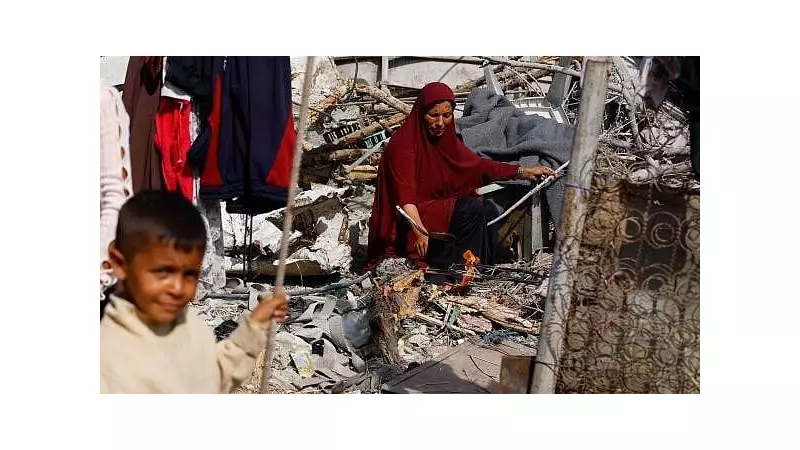
In today's increasingly polarized world, where democratic institutions face unprecedented threats and human rights violations occur with alarming frequency, the choice to remain silent carries profound consequences. The age-old notion that staying quiet keeps us safe from controversy is being challenged by a stark reality: silence in the face of injustice doesn't make us neutral observers—it makes us complicit in the wrongdoing.
The Dangerous Illusion of Neutrality
Many of us convince ourselves that staying out of contentious issues is the prudent course. We tell ourselves we're avoiding unnecessary conflict, protecting our careers, or simply minding our own business. But this perceived neutrality is often a dangerous illusion. When we witness oppression, discrimination, or the erosion of democratic norms and say nothing, we effectively endorse the status quo.
History provides countless examples where collective silence enabled atrocities to unfold. From the Holocaust to various genocides and systematic human rights abuses, the common thread wasn't just the actions of perpetrators but the inaction of bystanders who chose to look away.
Why Speaking Out Matters Now More Than Ever
We're living through a critical moment where democratic values are under siege globally. The rise of authoritarian leaders, the systematic dismantling of independent institutions, and the normalization of hate speech demand a response from every citizen who values freedom and human dignity.
The consequences of our silence are tangible:
- It empowers those who would undermine democratic processes
- It isolates and abandons vulnerable communities
- It normalizes behavior that should be universally condemned
- It creates a climate where dissent becomes increasingly dangerous
The Moral Mathematics of Complicity
Every time we choose silence over speaking truth to power, we're making a calculation. We weigh potential risks against moral imperatives. But this calculation often overlooks a crucial factor: the cumulative effect of millions of individual silences creates a society where injustice thrives unchallenged.
This doesn't mean every person must become a full-time activist. Moral courage manifests in various ways—from calling out inappropriate comments in workplace conversations to supporting independent journalism, from voting with conscience to having difficult conversations with friends and family members who propagate harmful narratives.
Finding Our Voice in Challenging Times
Developing the courage to speak out requires both personal reflection and practical preparation. It means educating ourselves about the issues, understanding the historical context of current events, and building emotional resilience to handle potential backlash.
Most importantly, it requires recognizing that our voice matters—that collective change begins with individual acts of courage. The alternative—a world where good people remain silent while bad things happen—is a future we cannot afford to accept.
The time for passive observation has passed. In the struggle for justice and human dignity, there are no sidelines—only participants and accomplices. The question we must each answer is: which will we be?






